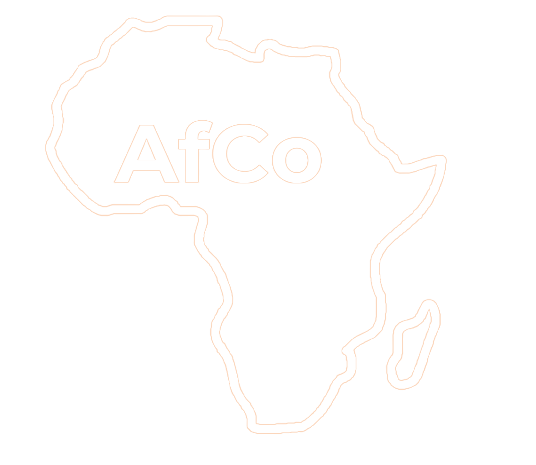The poor and democratic citizenship in Africa
This paper explores the relationship of the poor to democratic citizenship in Sub-Saharan Africa. Are poor people any more or less attached to democracy than rich people? Are they any more or less likely to act as democratic citizens? To explore these questions in African contexts, data are drawn from the Afrobarometer, a comparative series of national surveys covering 15 countries in 2002-3. Three main results emerge. First, poverty is neutral for popular democratic values, i.e., all other things being equal, people at all levels of material wellbeing tend to have similar views on political tolerance, political accountability, and political equality. Second, poverty is negative for mass attitudes toward democracy: for example, poor people are less inclined than the wealthy to think that current African governments are delivering democracy. Third, and perhaps surprisingly, poverty is actually positive for several important aspects of political participation, including voter turnout, attendance at community meetings and contacting informal leaders. While the quality of this participation is still in doubt, evidence is presented to challenge the conventional view that democratic citizenship is always more fragile in regions of the world where many people live in poverty.
